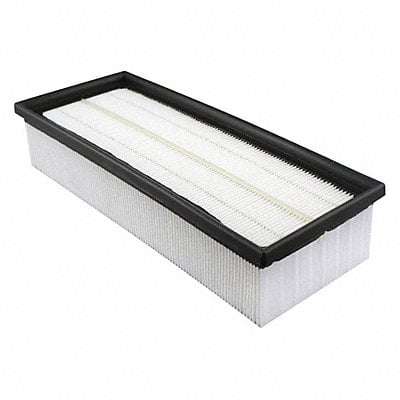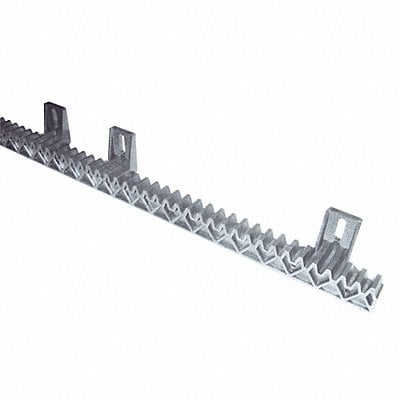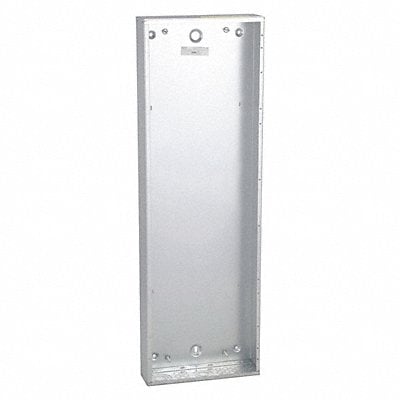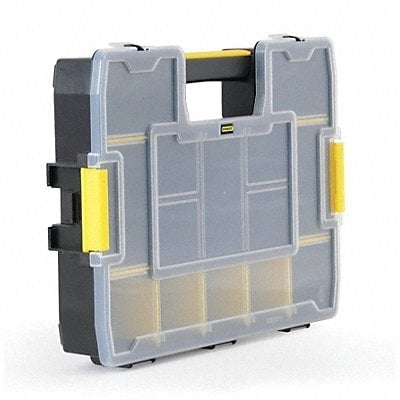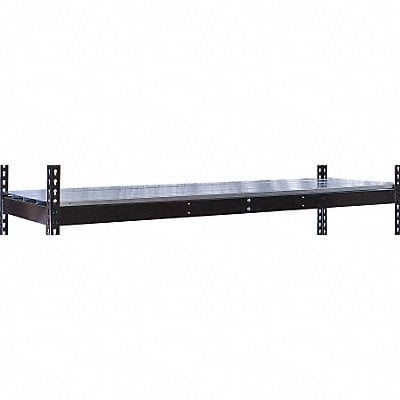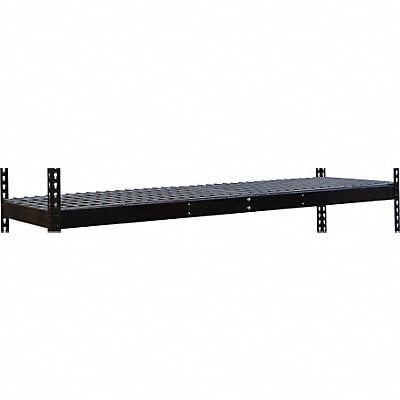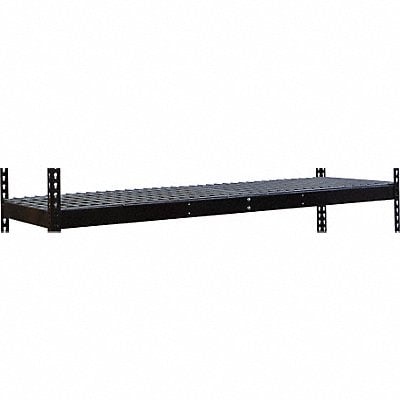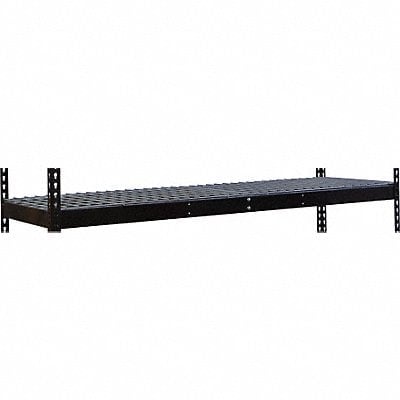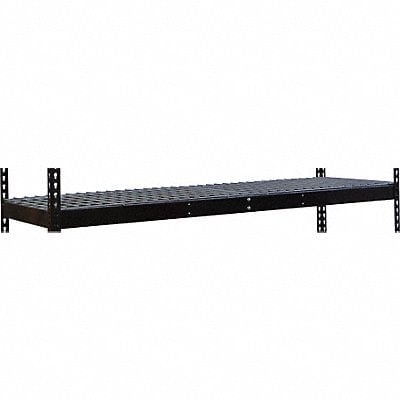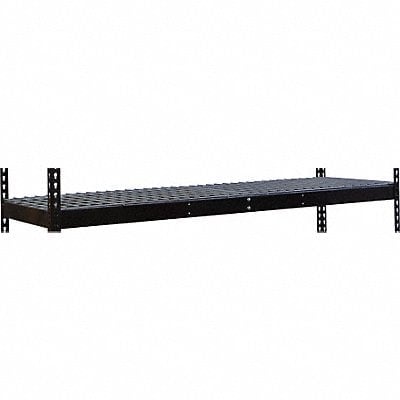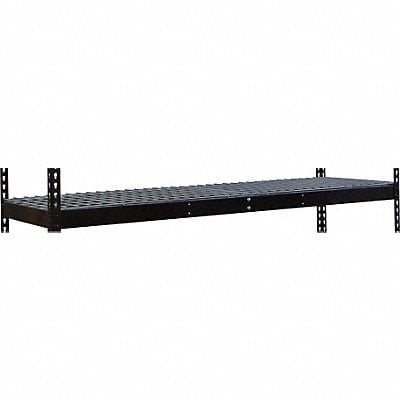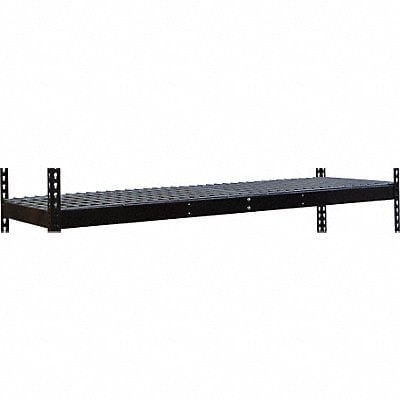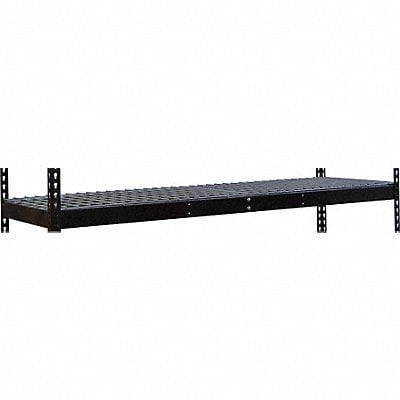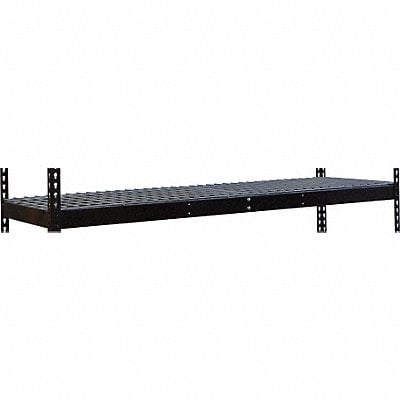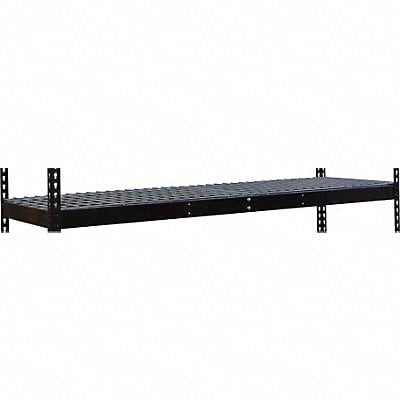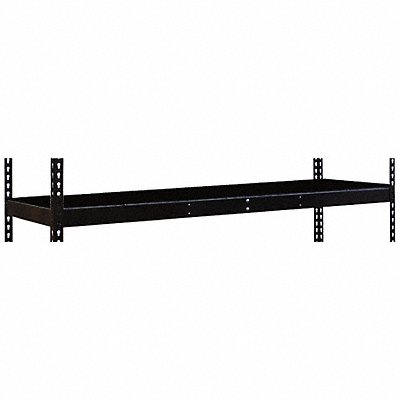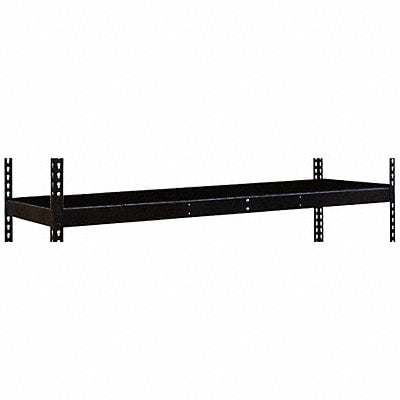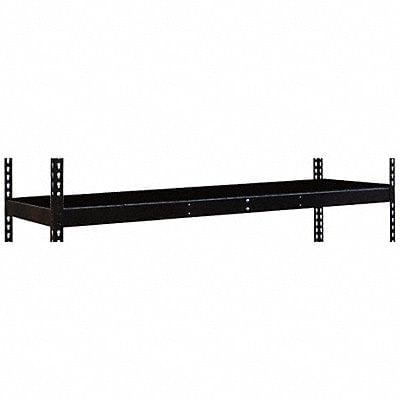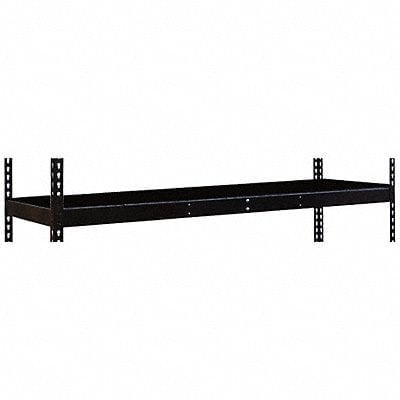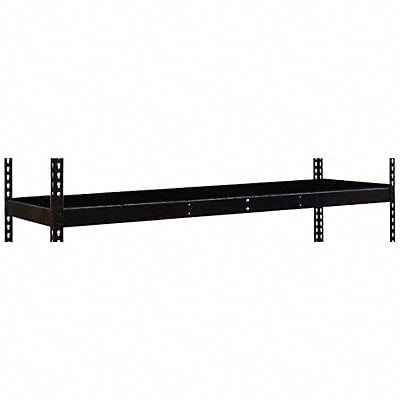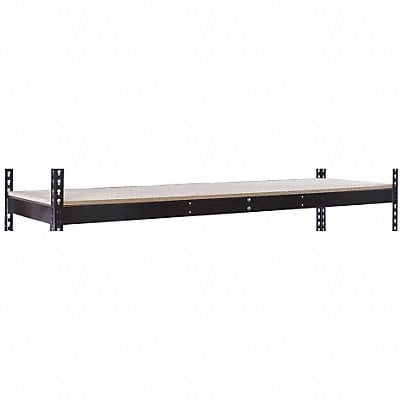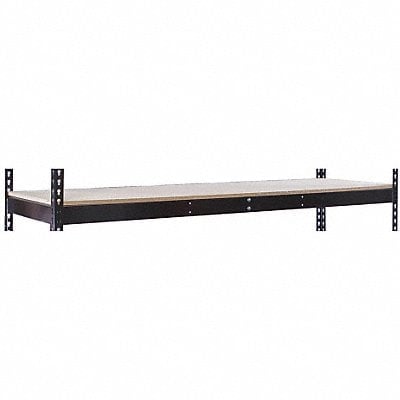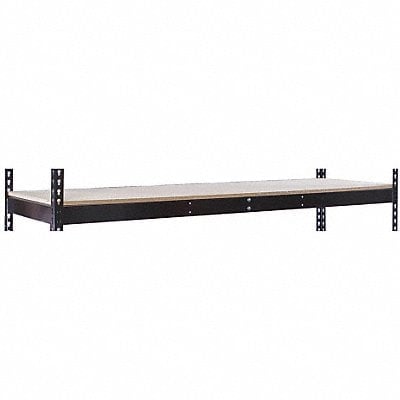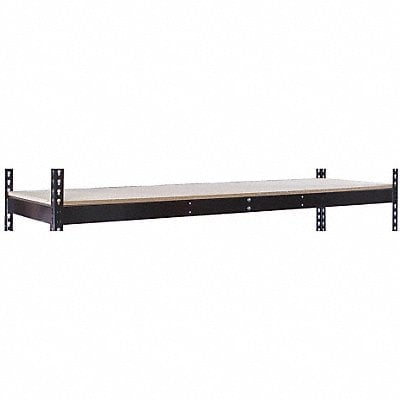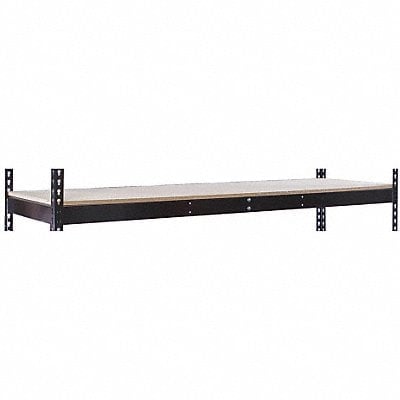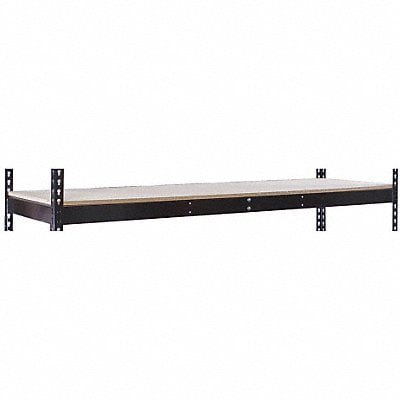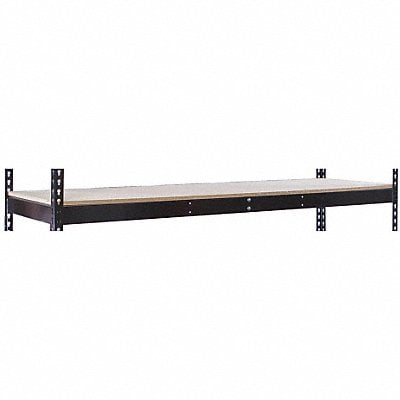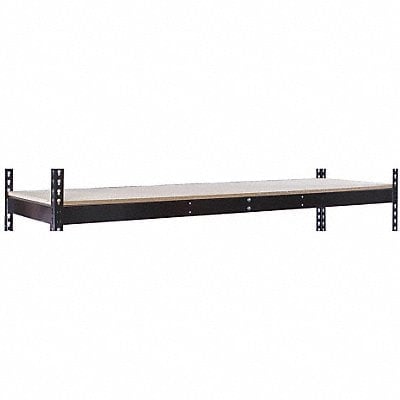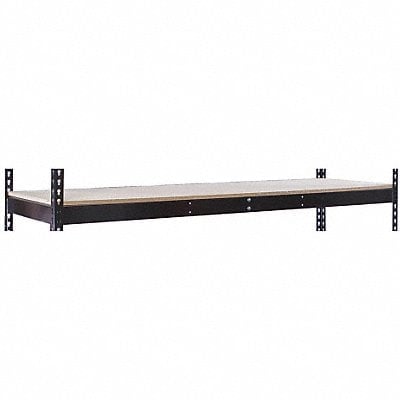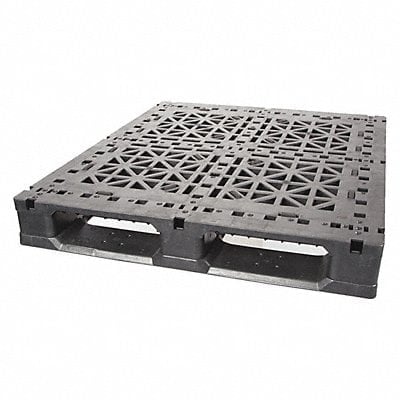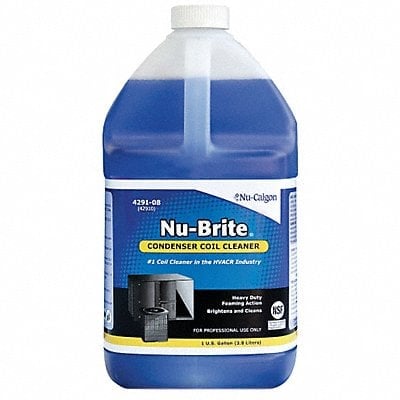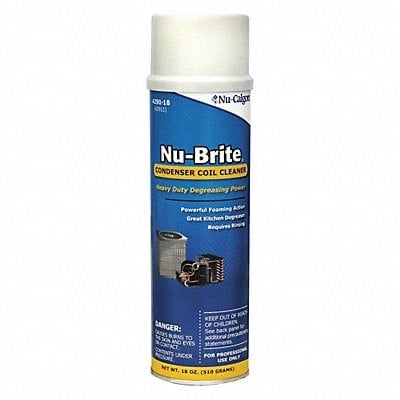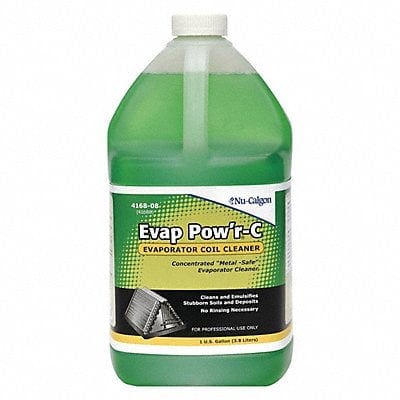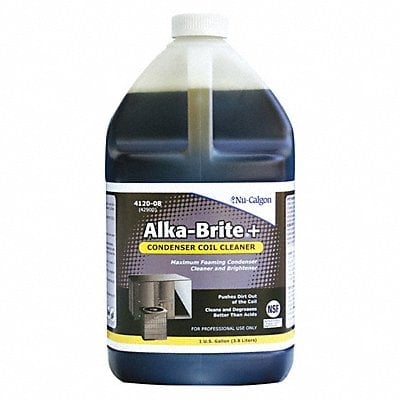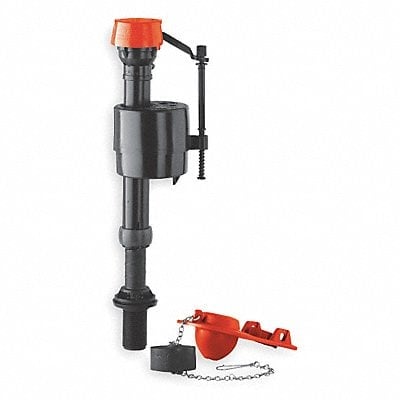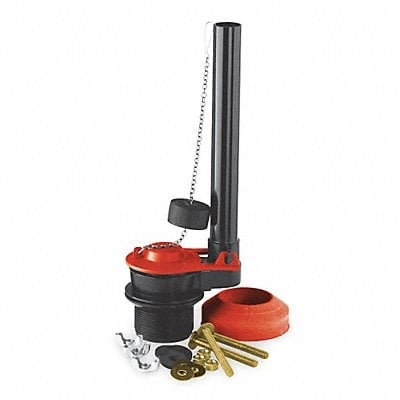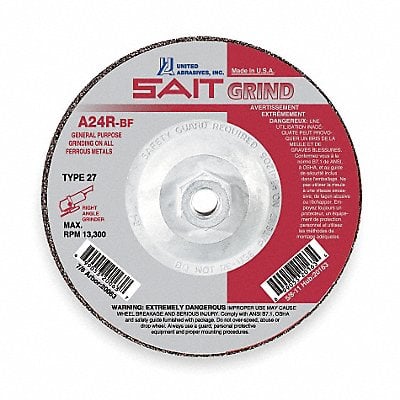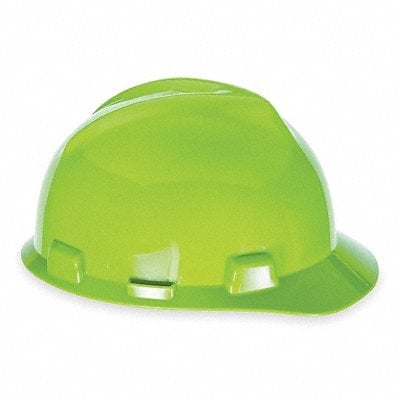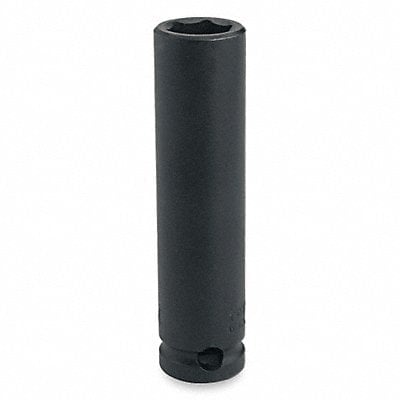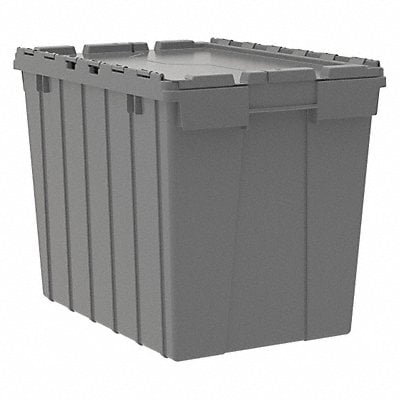A Deep Dive into Dun & Bradstreet (D&B) and the Genesis of DUNS Numbers:

Overview
Dun & Bradstreet (D&B), founded in 1841, holds a significant place in the history of business information and credit reporting. The company's roots trace back to Lewis Tappan, who pioneered the concept of collecting and disseminating credit information. What started as a manual registry of creditworthy merchants evolved into a comprehensive database that laid the groundwork for modern credit reporting.
The Birth of DUNS Numbers:
The Data Universal Numbering System (DUNS) was introduced by D&B in 1962. It emerged as a standardized identifier assigned to businesses, simplifying the process of gathering and sharing essential information. The concept was revolutionary at the time, offering a unique identifier for businesses that transcended geographic and industry boundaries.
DUNS Numbers and Business Credit Profiles:
DUNS numbers were just the beginning. D&B leveraged its extensive database to create business credit profiles, offering a comprehensive view of a company's financial health, payment history, and creditworthiness. These profiles became a valuable resource for lenders, suppliers, and other businesses to assess the risk associated with potential transactions. D&B's credit ratings and scores provided insights that influenced credit decisions across industries.
Monopoly and Profitability:
Over time, D&B's DUNS numbers and business credit profiles became ubiquitous in the business world. The company established a near-monopoly in providing these identifiers and credit information. Businesses across the globe saw DUNS numbers as a standard requirement for government contracts, grants, and other transactions. This gave D&B immense control over the business information ecosystem, which eventually translated into profitability.
The Government's Migration Away from DUNS Numbers:
1. Reducing Reliance on Commercial Entities:
The U.S. government's reliance on D&B and DUNS numbers raised concerns about data security, transparency, and fair competition. As a response, the government initiated efforts to establish its own identifier system, the Unique Entity Identifier (UEI). The goal was to reduce dependence on a single commercial entity and enhance control over entity identification.
2. Transparency and Competition:
The migration to UEI aligns with the government's commitment to transparency, fair competition, and data sovereignty. By creating its own system, the government aims to ensure that business data remains secure and that there is no undue concentration of power in the hands of a single company.
3. Alignment with Regulations:
UEI adoption aligns with government regulations and standards, enhancing consistency across agencies. It reflects a modern approach to entity identification that accounts for technological advancements and changing business landscapes.
Main Uses of DUNS Numbers for Business and Government Today:
The DUNS (Data Universal Numbering System) number serves as a crucial identifier for businesses, offering a wide range of benefits and applications in both the private and public sectors. Here are the primary uses of the DUNS number for businesses today:
1. Government Contracting: Obtaining a DUNS number is often a prerequisite for businesses that wish to engage in government contracting. Federal, state, and local government agencies use DUNS numbers to uniquely identify businesses, making it easier to track, verify, and manage vendor relationships. When applying for contracts, grants, or other government opportunities, having a DUNS number is essential.
2. Supplier Verification: Many corporations and organizations require suppliers and partners to provide their DUNS numbers as part of the verification process. This helps companies assess the legitimacy of potential partners and ensure they have a track record of ethical business practices.
3. Credit Reporting and Business Profiles: DUNS numbers are used by credit reporting agencies to create business credit profiles. These profiles offer insights into a business's financial stability, payment history, and creditworthiness. Lenders, suppliers, and other businesses use this information to make informed decisions about extending credit or entering into financial transactions.
4. Business Networking and Partnerships: DUNS numbers facilitate business networking by providing a standardized identifier that businesses can use to find and connect with potential partners, suppliers, and customers. It enhances transparency and credibility in the business ecosystem.
5. Risk Management and Due Diligence: When entering into business transactions or partnerships, due diligence is crucial. DUNS numbers enable organizations to conduct thorough background checks and risk assessments on potential collaborators. This helps prevent fraudulent activities and minimizes risks associated with new partnerships.
6. Data Standardization and Analysis: DUNS numbers contribute to data standardization, allowing organizations to aggregate and analyze information consistently across various industries and geographic regions. This standardized approach enhances the accuracy of business data analytics.
7. Government Assistance Programs: Some government assistance programs, grants, and loans require businesses to have a DUNS number. The number is used to verify the eligibility of businesses seeking financial support.
8. International Trade and Transactions: DUNS numbers are recognized globally, making them valuable for businesses engaged in international trade. They provide a standardized identifier that international partners can use to verify the legitimacy of a business.
9. Legal and Regulatory Compliance: Some industries and regulatory bodies require businesses to have DUNS numbers as part of compliance with industry regulations or government mandates.
In summary, businesses obtain DUNS numbers to establish a unique and standardized identity that facilitates government contracting, supplier verification, credit reporting, risk management, and more. Other businesses and government agencies use DUNS numbers to assess credibility, manage risks, and make informed decisions about partnerships, contracts, and financial transactions. The DUNS number's widespread use underscores its significance as a key identifier in the modern business landscape.
Opinions on the Future of DUNS Numbers:
Opinion 1 - Obsolescence:
The migration to UEI signals a shift away from reliance on DUNS numbers. While DUNS numbers continue to be used, their importance might diminish over time as the government's UEI system gains traction. This could potentially lead to a decline in the monopoly-like hold that D&B has over business identification.
Opinion 2 - Evolving Role:
While the prominence of DUNS numbers might decrease, their utility could evolve rather than becoming obsolete. D&B's extensive database and expertise could still offer value to businesses beyond government contracting. The focus might shift to providing nuanced insights, data analytics, and business intelligence.
The DUNS Credit Profile Debate:
Opinion 1 - Profit-Driven Bias:
Critics argue that D&B's role as both a data provider and a credit rating agency could create conflicts of interest. The company's profit motive might influence credit ratings, potentially favoring larger companies over smaller ones. This bias could impact the accuracy and fairness of credit profiles.
Opinion 2 - Industry Evolution:
In response to concerns, the credit reporting industry has witnessed regulatory changes to enhance transparency, accuracy, and fairness. As the industry evolves, mechanisms to address bias and conflicts of interest could be put in place, safeguarding the integrity of credit profiles.
Known Alternatives to DUNS / D&B:
As the U.S. government seeks to reduce reliance on DUNS (Data Universal Numbering System) numbers and establish its own unique entity identifier system, several alternatives have emerged to serve as replacements or supplements to the DUNS system. These alternatives aim to provide greater transparency, data security, and sovereignty in entity identification. Here are some of the top known alternatives to DUNS in the USA today:
- Unique Entity Identifier (UEI): The UEI is the government's own identifier system, designed to replace DUNS numbers in federal contracting and reporting. It provides a unique code for each entity doing business with the government. The UEI system is being implemented through the System for Award Management (SAM) and aligns with the government's goal of reducing reliance on commercial entities.
- Internal Government Identifiers: Some government agencies have developed their own internal identifier systems for tracking and managing vendors and contractors. These identifiers are specific to each agency and are used for agency-specific transactions. While they may not be widely adopted across all agencies, they offer an alternative to the use of commercial identifiers like DUNS.
- Federal Tax Identification Number (TIN/EIN): The Taxpayer Identification Number (TIN) or Employer Identification Number (EIN) assigned by the Internal Revenue Service (IRS) is used for tax purposes. While it's not a direct replacement for DUNS, some agencies may use TINs as an additional identifier for tracking and verification.
- Commercial and Government Entity (CAGE) Codes: CAGE codes, assigned by the Defense Logistics Agency (DLA), are still used in certain government contracting activities. While CAGE codes are related to DUNS numbers, they are not as comprehensive and may not fully replace DUNS in all scenarios.
- National Institute of Standards and Technology (NIST) ID: NIST has been involved in developing standards for entity identification. While not as widely known or adopted as DUNS, NIST's efforts align with the broader goals of enhancing entity identification accuracy and security.
- Blockchain-Based Solutions: Some emerging technologies, such as blockchain, offer potential solutions for secure and decentralized entity identification. These solutions aim to provide enhanced data security, transparency, and control over entity information.
- Entity Validation Services: Various private companies and organizations offer entity validation services that leverage multiple data points for identification. These services can help businesses and governments verify entities' identities without relying solely on a single identifier.
It's important to note that the landscape of entity identification is evolving, and new alternatives may continue to emerge as the government's transition away from DUNS progresses. While these alternatives offer promising solutions, their adoption and impact will depend on factors such as government policies, industry trends, and technological advancements.
Conclusion
In conclusion, Dun & Bradstreet's creation of DUNS numbers and business credit profiles marked a significant milestone in business information and credit reporting. The government's migration away from DUNS numbers reflects the evolving landscape of entity identification and data sovereignty. While the future of DUNS numbers remains uncertain, their impact on the business world is undeniable, shaping how businesses interact, assess creditworthiness, and navigate the complexities of commerce.
Product Recommendations:
We hope you enjoyed this deep dive into D&B. Here are some product recommendations from our Top Deals section in our Product Showcase that we hope you'll consider. Stick around and shop on GoVets. Shop | Save | Support Veterans.




